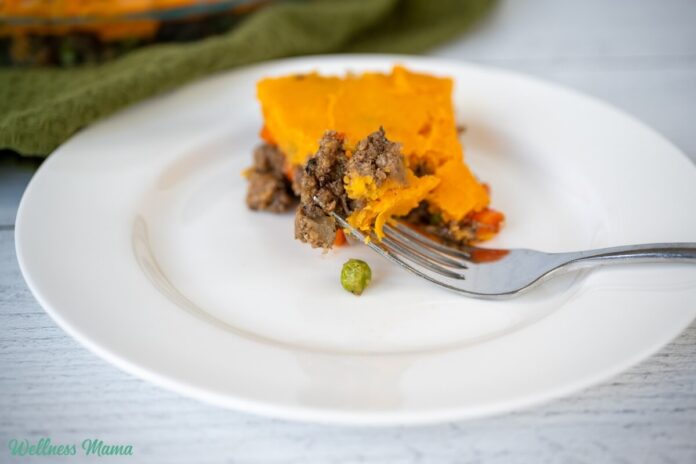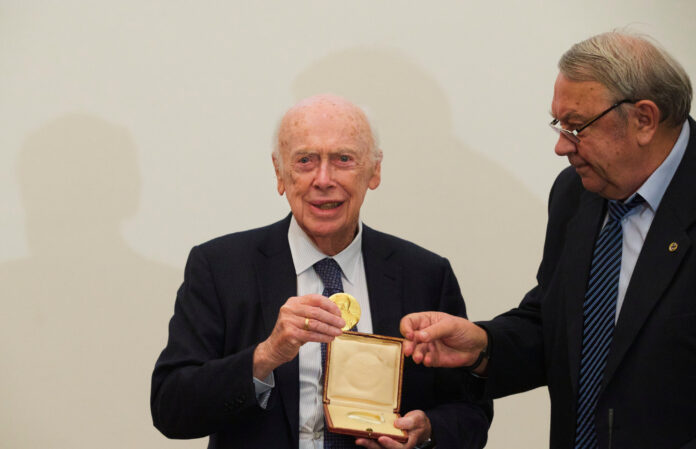DMT, or dimethyltryptamine, is a natural psychoactive molecule found in many plants and mammals. According to an article published in Science Advances, researchers from the HUN-REN BRC Institute of Biophysics and Semmelweis University Heart and Vascular Center found that DMT reduces the harmful effects of stroke in animal models and cell culture experiments.
DMT is also present in the human brain, and it is currently undergoing clinical trials to aid recovery of brain function after stroke. However, its exact mechanism of action had not been fully understood until now. “It is amazing how we can always turn to nature to find ingenious solutions for health problems,” says co-lead author Mária Deli from the HUN-REN BRC.
“We found that DMT significantly reduced infarct volume and edema formation in a rat stroke model,” explains co-first author Marcell László.
In both animal experiments and cell culture models, the authors showed that DMT treatment restored the structure and function of the damaged blood-brain barrier and improved the function of astroglial cells. This psychoactive compound also inhibited the production of inflammatory cytokines in brain endothelial cells and peripheral immune cells, while reduced the activation of brain microglia cells through Sigma-1 receptors.
“The therapeutic options currently available for stroke are very limited. The dual action of DMT, protecting the blood-brain barrier while reducing brain inflammation, offers a novel, complex approach that could complement existing treatments,” says Judit Vigh, co-first author of the work.
Since current stroke therapies do not always result in full recovery, a DMT-based treatment may represent a promising new alternative, mainly in combination with existing methods. The recent findings from researchers in Szeged and Budapest, Hungary, support the development of a therapy that goes beyond the limitations of conventional stroke treatment. Clinical trials on the use of DMT and investigation on its long-term effects are currently ongoing.
More information:
Marcell J. László et al, N,N-dimethyltryptamine mitigates experimental stroke by stabilizing the blood-brain barrier and reducing neuroinflammation, Science Advances (2025). DOI: 10.1126/sciadv.adx5958
Provided by
HUN-REN Szegedi Biológiai Kutatóközpont
Citation:
A natural compound against stroke? Psychoactive agent protects brain vessels and reduces inflammation (2025, September 26)
retrieved 26 September 2025
from https://medicalxpress.com/news/2025-09-natural-compound-psychoactive-agent-brain.html
This document is subject to copyright. Apart from any fair dealing for the purpose of private study or research, no
part may be reproduced without the written permission. The content is provided for information purposes only.


